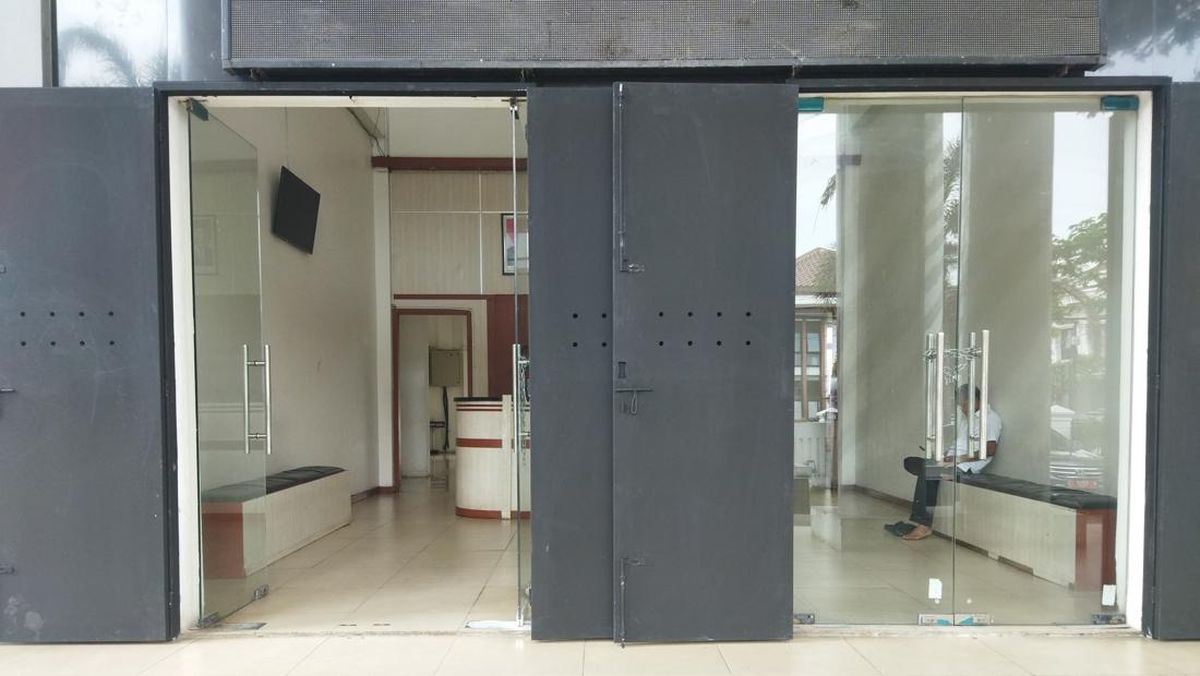Texas was poised to pass into law one of the most restrictive sets of social media rules for minors, including making it illegal for those under 18 to be on social media, but it failed on a technicality when the legislature ended its session ahead of a key vote.
House Bill 186 would have prohibited minors from creating new social media accounts on services like TikTok, Instagram and X, The legislation also would have required age verification for everyone else creating a new account. Under the legislation, parents could ask for a minor's social media account to be deleted, and the platform would be required to remove it within 10 days or face fines and lawsuits. Lawmakers who supported the bill said it would counter the mental health harm that social media poses to teens.
The bill had passed the Texas House of Representatives but still needed to pass the Texas Senate and get a signature from Governor Greg Abbott. A similar law passed in Utah last year but was blocked months later by a federal judge. A legal battle over social media restrictions in Florida is also ongoing.
Effects if the bill passes
If passed, the legislation would have gone into effect on Sept. 1 and be enforced with penalties on Jan. 1, 2026. The deadline for the legislature to pass the bill was June 2. A separate law passed in Texas in 2023, called the Securing Children Online through Parental Empowerment Act, or SCOPE Act, aimed to protect kids from social media sites by restricting the type of data they can collect and what kinds of advertising or financial transactions can be shown to minors.
That law has since been challenged in courts and provisions of it have been blocked by district courts. University of Houston political science professor Brandon Rottinghaus said the new bill, if passed, could have faced similar legal hurdles as the SCOPE Act has.
"The US Supreme Court is currently considering the legality of such a law, so that will have serious impact on how Texas can enforce the SCOPE Act," Rottinghaus said. "The High Court has ruled that websites cannot be compelled to verify the age of their users, but in a political environment that emphasizes a return to parental rights, we might see the politics of this change the Court's mind."
Speaking before the end of the legislative session, Rottinghaus expected social media companies would fight hard against the new rules, "but they ultimately may have no choice." In addition to the efforts to restrict social media by state, there has been movement towards passing an age restriction law at the national level. "It would take a pretty heavy lift for this to become a federal law, but the political conversation about it is certainly peaking," Rottinghaus said.
The Texas state legislature also was considering House Bill 499, which would require social media platforms to display a warning label about mental health risks the services pose to minors. That bill had also passed in the Texas House of Representatives, but apparently also was not further acted on before the end of the session.

 3 months ago
34
3 months ago
34














































